Environmental 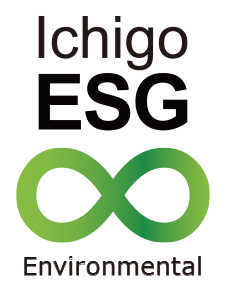
Sustainable Real Estate
Preserve & Enhance Existing Buildings to End Wasteful Demolish & Rebuild
- Lengthen useful life of existing real estate
- Shrink footprint by reducing demolition waste and use of raw materials, energy, and human effort for construction
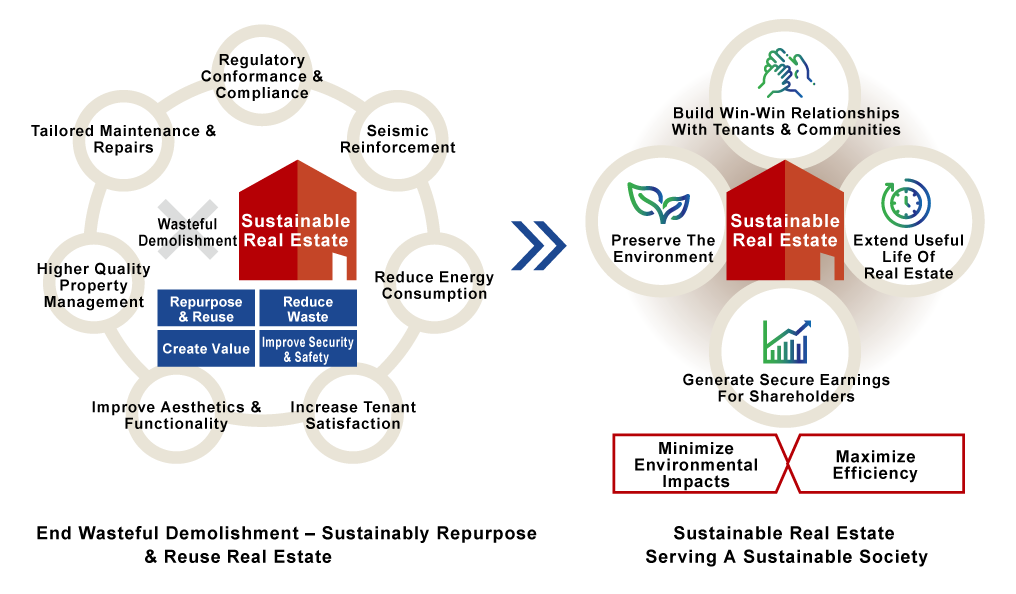
Solar and Wind Energy: Safe and Clean
-
Annual Power Generation
228,739,150 kWhEquivalent to annual energy consumption of 52,900 householdsMinistry of Environment
Annual energy consumption per household 4,322kWh -
Annual CO2 Reduction
101,217,992kg-CO2Equivalent to annual CO2 emission of 44,000 carsMinistry of Environment
Annual CO2 emission per car c. 2,300kg
(Ichigo, Ichigo Green FY24/2 Actuals)
Natural Disaster Response
No injuries or damages at any Ichigo asset or power plant from recent natural disasters
Robust Assets
- Real estate: continuous improvements to safety & functionality via value-add capex
- Power plants: site selection and construction based on detailed specifications customized to local geography
Robust BCP & Real-Time Response
- Pre-typhoon preventative measures (water shielding, sandbags, etc.) & on-site checks
- Overwhelming priority is safety of tenants: on-the-ground confirmation & onthe-ground response
- Ichigo engineering team immediate response: same day on-site safety and engineering inspections to prevent secondary damage and losses
- Developed & deployed proprietary Susport software system for real-time information sharing & emergency response
Environmental Certifications
GRESB
Since its launch in 2009, GRESB has assessed the performance of various property companies and funds around the world, establishing a global standard for ESG benchmarking that is now applied to a broader and more diverse class of real assets. Today, more than 150 GRESB investor members who are some of the largest pension funds and their fiduciaries, including the Government Pension Investment Fund (GPIF) and several investors in Japan, use the GRESB data in their investment management and engagement process to better understand the sustainability risks and opportunities intrinsic to their real assets investments.
In the 2025 GRESB Real Estate Assessment, Ichigo Hotel was awarded Two Stars in the GRESB Rating (maximum five stars), based on the quintile position of Ichigo Hotel's GRESB Overall Score relative to global participants. For the fifth consecutive year, Ichigo Hotel also received the Green Star designation, exemplifying its high achievement in areas of ESG-related policies and organizational setup (the “Management Component”), as well as the environmental performance of its assets and tenant engagement (the “Performance Component”).
Ichigo Hotel also received the highest “A” GRESB Public Disclosure Level, which measures the quality of ESG disclosures by REITs and listed property companies, for the third year in a row.
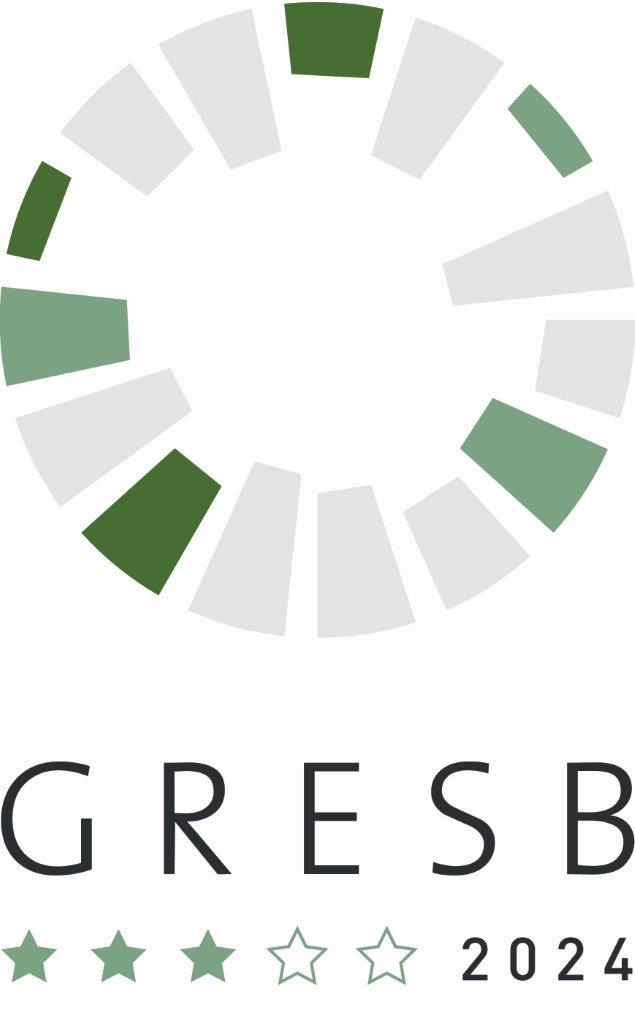
BELS
The Building-housing Energy-efficiency Labeling System, or BELS, is a Japanese government evaluation system that assesses the energy efficiency of buildings. A third-party organization evaluates both new and existing buildings using a Building Energy Index based on Japan’s national energy-efficiency standards. Until March 2024, BELS ranked energy efficiency from five stars to one star, with buildings receiving two or more stars classified as energy efficient buildings under 2016 standards. From April 2024 onwards, the energy efficiency ranking has widened to seven stars, with buildings receiving one or more stars classified as energy efficient buildings according to 2024 standards.
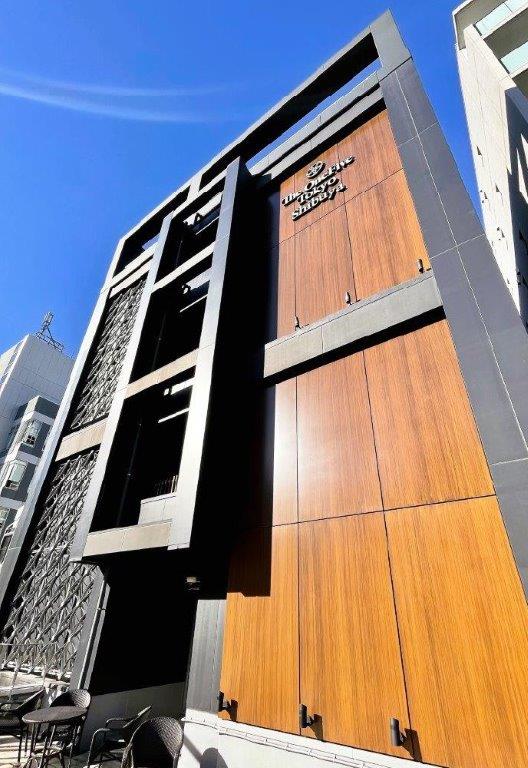
4 Stars
★★★★☆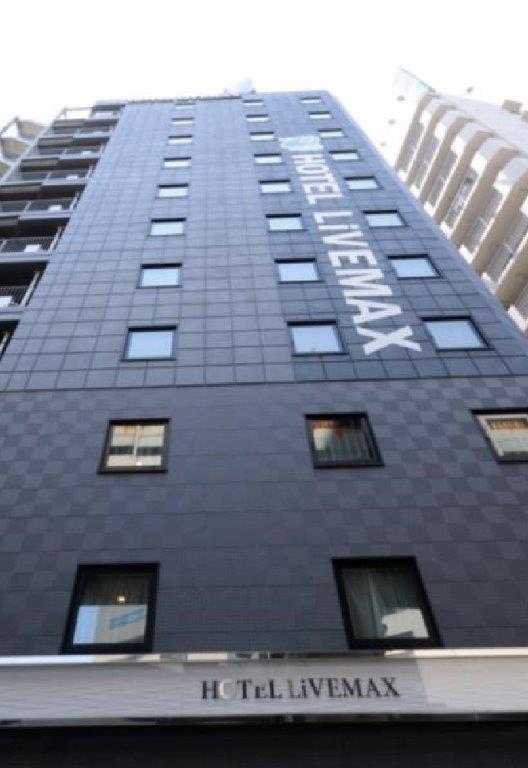
Hotel Livemax Nihombashi-Hakozaki
4 Stars
★★★★☆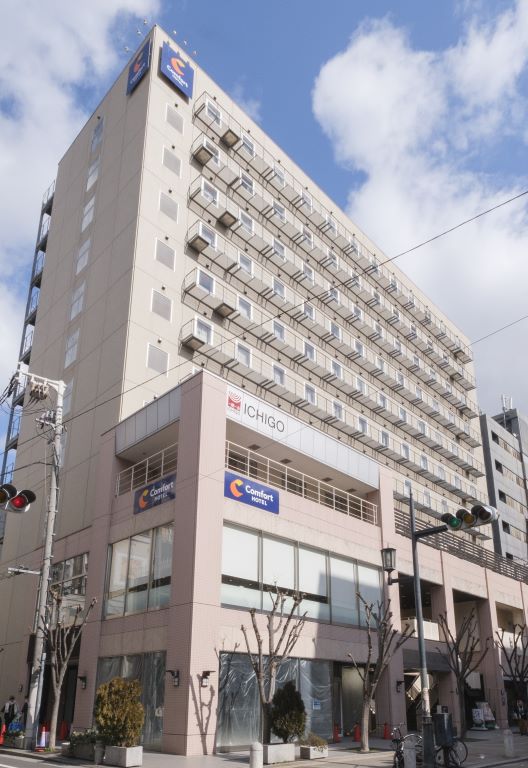
Comfort Hotel Osaka Shinsaibashi (Ichigo Shinsaibashi Building)
3 Stars
★★★☆☆☆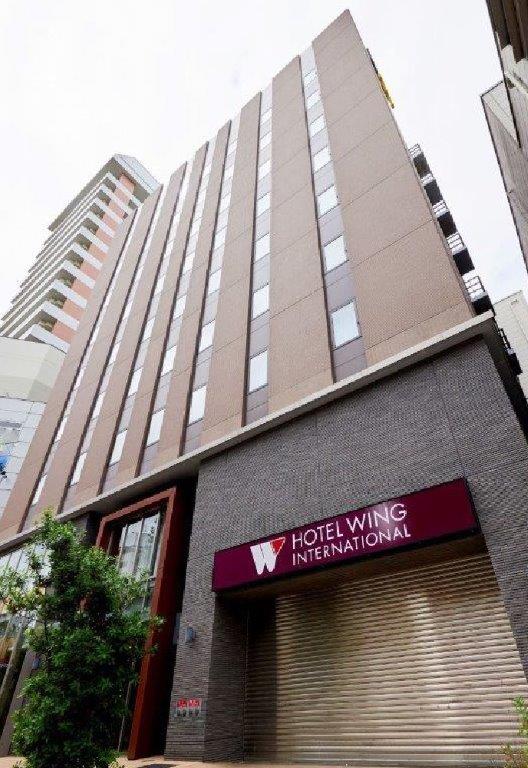
Hotel Wing International Kobe Shin Nagata Ekimae
3 Stars
★★★☆☆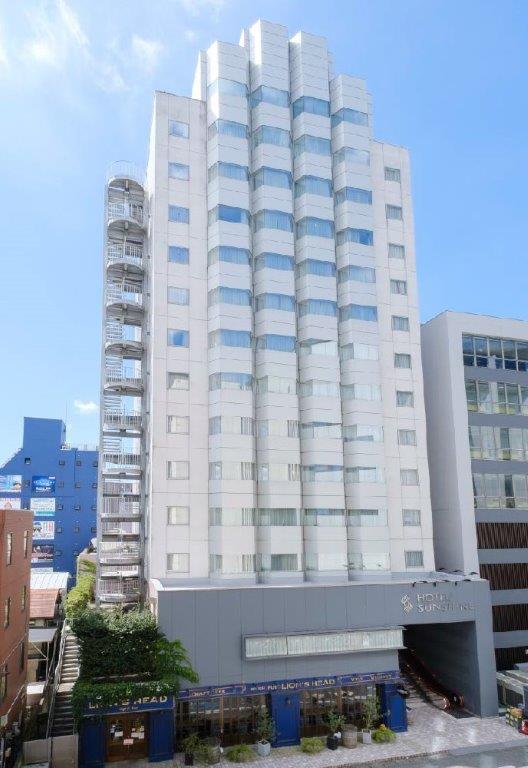
2 Stars
★★☆☆☆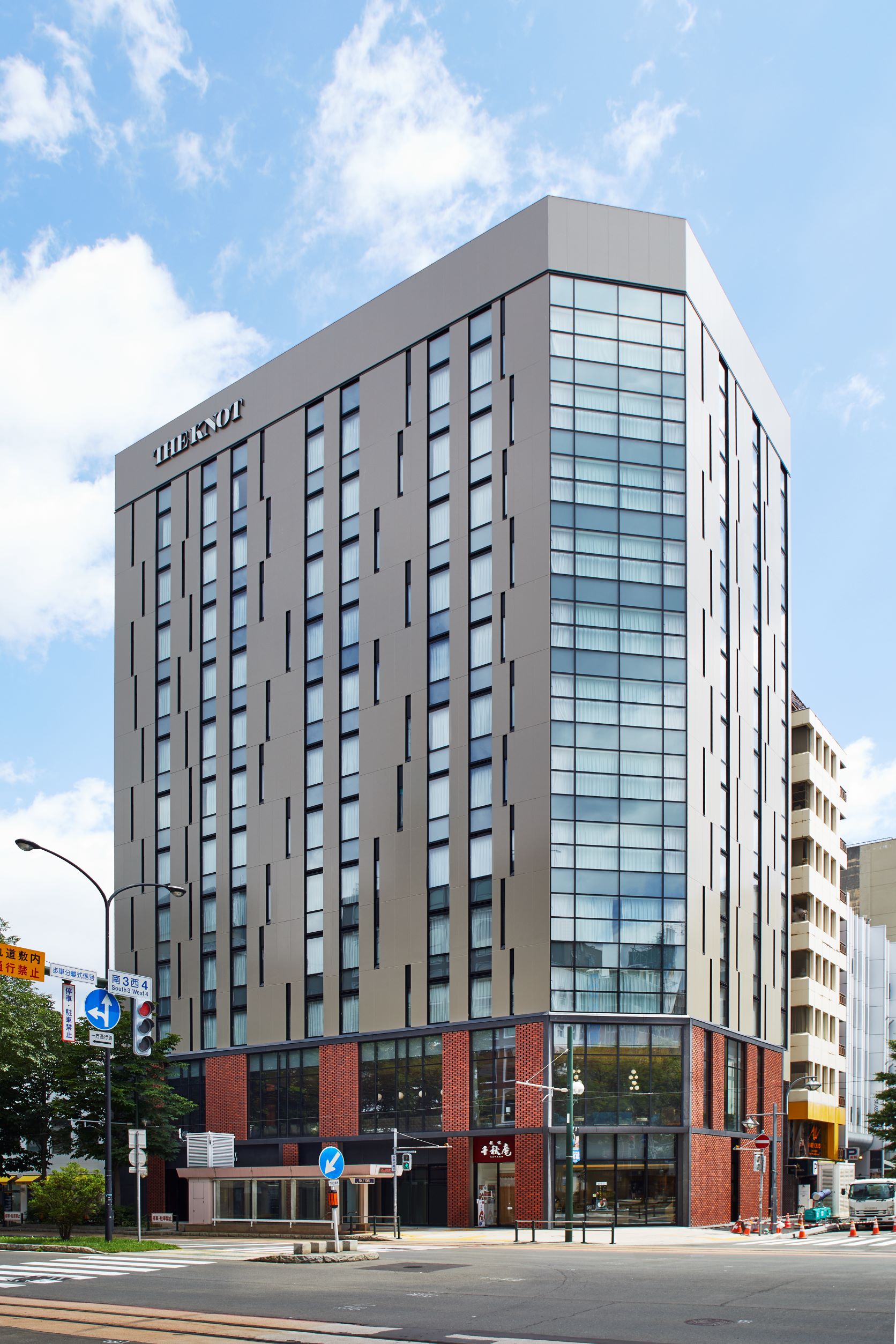
1 Star
★☆☆☆☆☆
CASBEE
The Comprehensive Assessment System for Built Environment Efficiency, or CASBEE, is a Japanese government certification that evaluates and rates buildings’ environmental performance based on their energy and resource efficiency, recycling activity, environmental load, and aesthetic appeal.
CASBEE-certified buildings are scored for their environmental performance in five categories and receive a total environmental performance ranking (from highest to lowest): S, A, B+, B.
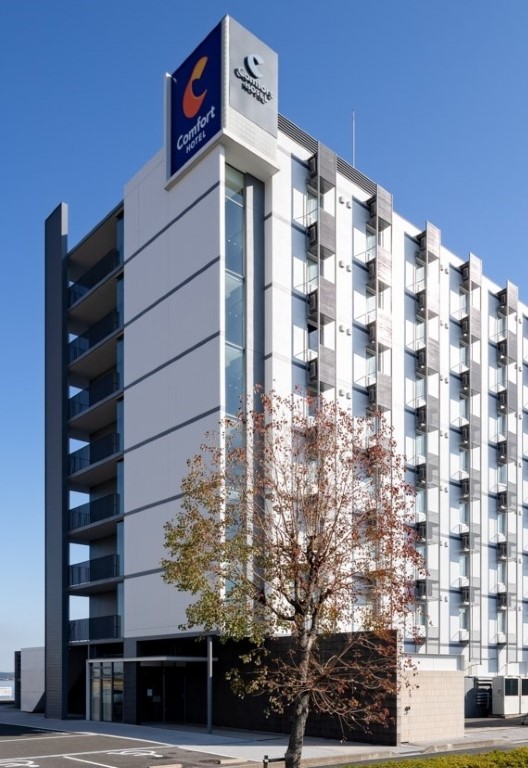
Comfort Hotel Central International Airport
S Rank
(Received on July 31, 2025)
CASBEE Sapporo
Aiming to promote environmentally-friendly buildings, CASBEE Sapporo (Sapporo Building Environmental Consideration System) is a system that requires owners of new buildings and buildings undergoing renovations with a total area of 300m2 or more to conduct self-evaluations of the environmental performance of its buildings, and submit the evaluation results (a building environmental consideration plan) to Sapporo City.
-

B- Rank
Environmental Performance
GHG Emission Reduction
This table can be scrolled horizontally.
| FY20/2 Actual | FY21/2 Actual | FY22/2 Actual | FY23/2 Actual | FY24/2 Actual | FY25/2 Actual | ||||||
|---|---|---|---|---|---|---|---|---|---|---|---|
| Number of Assets (Properties acquired or sold during period included) |
22 | 23 | 23 | 25 | 30 | 32 | |||||
Energy Con- Energy Consumption |
Total Amount [mWh] |
44,174.54 | 25,224.34 | 28,433.56 | 32,875.65 | 42,664.26 | 51,087.92 | ||||
| Intensity [mWh/m2] |
0.574 | 0.537 | 0.480 | 0.494 | 0.461 | 0.418 | |||||
| (Renewable Energy) [Included in Total Amount, mWh] |
(-) | (-) | (272) | (4,137) | (12,854) | (20,395) | |||||
Green- Greenhouse Gas Emissions |
Scope 1+2 | ||||||||||
| Location-based [tons] |
12,200.66 | 7,733.69 | 8,434.19 | 9,564.75 | 11,998.69 | 14,338.57 | |||||
| Market-based [tons] |
12,082.43 | 7,908.81 | 8,601.63 | 7,574.39 | 6,729.15 | 5,711.42 | |||||
| Scope 1+2+3 | |||||||||||
| Location-based [tons] |
16,270.26 | 11,267.12 | 12,174.21 | 13,180.71 | 17,295.10 | 32,573.16 | |||||
| Market-based [tons] |
10,434.09 | 11,442.23 | 12,341.66 | 11,190.36 | 12,025.56 | 23,946.01 | |||||
| Water Usage | Total Amount [m3] |
373,057.24 | 213,526.30 | 270,436.00 | 338,274.00 | 447,286.50 | 554,595.00 | ||||
| Intensity [m3/m2] |
4.844 | 4.544 | 4.566 | 5.083 | 4.833 | 4.541 | |||||
Ichigo Hotel’s sponsor Ichigo (2337) has been certified by the SBT Initiative for its Science Based Targets (SBT), greenhouse gas reduction targets set by companies in line with the Paris Agreement goals.
Ichigo’s targets are aligned with a rate of decarbonization consistent to keep global temperature increase to 1.5℃ compared to pre-industrial temperatures, which is more aggressive than the well-below 2℃ (WB2℃) target.
Ichigo Hotel's Greenhouse Gas Reduction Targets
The table below can be scrolled left to right.
| Target | Target year | ||
|---|---|---|---|
| Scope 1 | Direct emissions owned or controlled by a company | 70% Reduction (2022 base year) |
2030 |
| Scope 2 | Indirect emissions associated with the purchase of electricity, heat, cooling |
||
| Scope 3 | Indirect emissions that are not Scope 1 or 2 (emissions by third-party companies related to a company's business activities) |
25% Reduction (2022 base year) |
|
Ichigo's SBT cover greenhouse gas emissions by Ichigo and its listed J-REITs and solar power producer, Ichigo Office (8975), Ichigo Hotel (3463), and Ichigo Green (9282).
SBT Overview
SBT are greenhouse gas reduction targets set by companies covering a minimum of 5 years and a maximum of 15 years in line with the Paris Agreement goals of reducing Scope 1 and 2 emissions to keep the global temperature increase to 1.5℃ compared to pre-industrial temperatures, and Scope 3 emissions to well-below 2℃. SBT were jointly established by the CDP (a global non-profit organization that runs the world's environmental disclosure system with respect to climate, water, and forestry), UNGC (United Nations Global Compact), WRI (World Resources Institute), and WWF (World Wildlife Fund).

